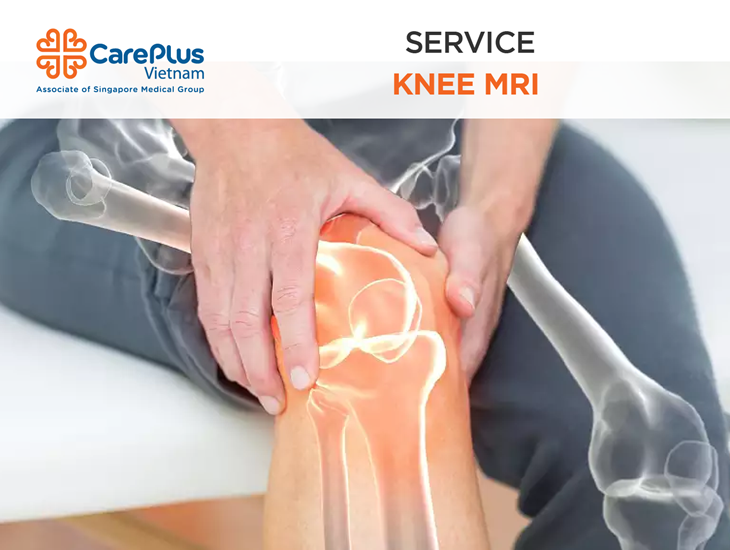Knee MRI

What is a Knee MRI Scan?
A Knee MRI (Magnetic Resonance Imaging of the Knee) is an advanced diagnostic imaging technique that uses magnetic fields and radio waves to produce detailed, three-dimensional images of the structures within the knee joint. This non-invasive method avoids X-rays and provides precise information about soft tissues such as cartilage, ligaments, tendons, muscles, and joint capsules, which other imaging techniques like X-rays, CT scans, and ultrasounds may struggle to capture.
A Knee MRI is a valuable tool for diagnosing and monitoring various knee joint conditions, enabling timely and effective treatment.
Purpose of a Knee MRI Scan
Knee MRI scans are performed to:
1. Assess Injuries:
- Torn or ruptured anterior cruciate ligament (ACL)
- Torn or ruptured posterior cruciate ligament (PCL)
- Torn or ruptured medial collateral ligament (MCL)
- Torn or ruptured lateral collateral ligament (LCL)
- Muscle tears
- Torn or ruptured tendons
- Meniscus tears
- Damaged or fractured articular cartilage
- Tendon inflammations such as: Patellar tendonitis, Quadriceps tendonitis, Iliotibial band syndrome, Pes anserine tendonitis
- Inflammations of bursae around the knee, including: Pre-patellar bursitis, Pes anserine bursitis, Patellar tendon bursitis
- Syndromes such as: Patellofemoral pain syndrome, Iliotibial band syndrome, Plica syndrome, Hoffa’s syndrome, Osgood-Schlatter syndrome
2. Diagnose Joint Conditions:
- Osteoarthritis
- Acute or chronic arthritis
- Loose bodies in the joint (joint mice)
3. Detect Tumors or Bone Lesions: Evaluate tumors or bone marrow lesions caused by trauma or inflammation
4. Monitor Post-Treatment or Post-Surgery Recovery: Assess healing after ligament reconstruction or knee replacement surgery
Who Should Have a Knee MRI?
Knee MRI scans are recommended for:
- Knee injuries: Pain or swelling following sports injuries or accidents, suspected ligament or cartilage damage
- Unexplained chronic knee pain: Symptoms like pain, stiffness, or limited range of motion that other diagnostic methods cannot identify
- Inflammatory or degenerative knee conditions: Monitoring diseases such as arthritis or osteoarthritis
- Pre- or post-surgery evaluations: Assisting clinicians in surgical planning or assessing treatment outcomes
- Routine knee health monitoring: Especially for individuals engaged in high-impact activities like running or jumping in sports training programs